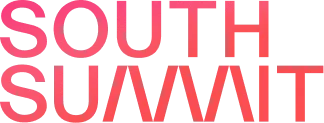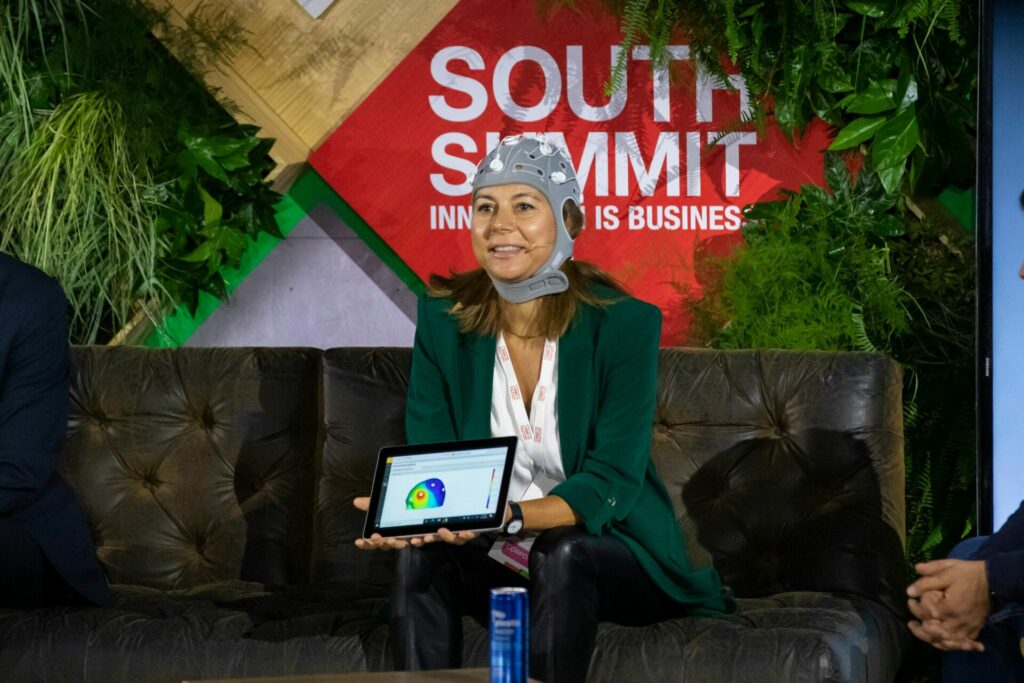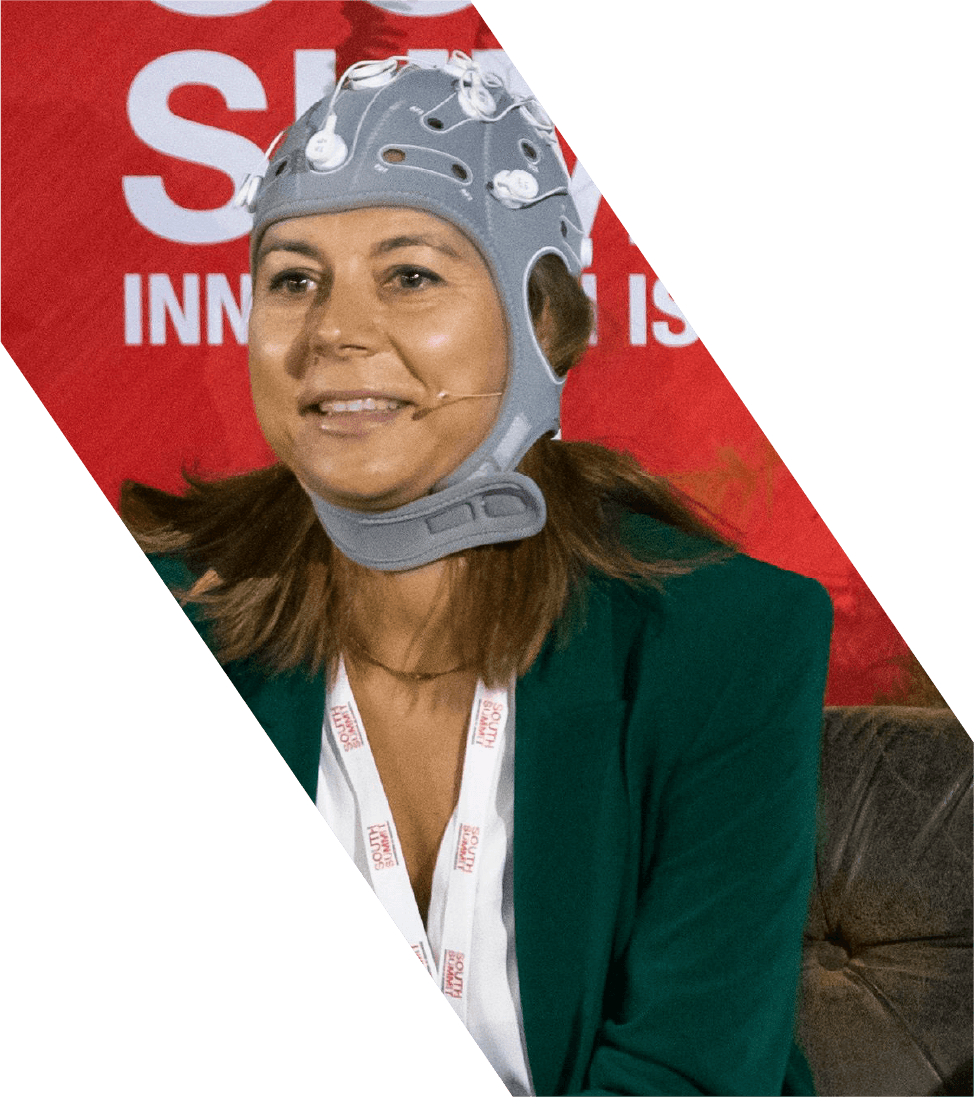In recent years, there has been an explosion of research in the field of neuroscience and health technology. This burgeoning field is having a profound impact on the way we understand and treat a variety of medical conditions. By combining traditional medical knowledge with advanced technology, researchers are making significant progress in understanding the brain and how it functions.
Neuroscience is a rapidly growing field of research that is helping to improve the diagnosis and treatment of neurological diseases. Traditionally, neuroscience research has focused on understanding the anatomy and physiology of the nervous system. However, recent advances in technology have allowed researchers to delve deeper into the workings of the brain, providing a better understanding of its role in behavior, emotions, and physical health.
One of the most exciting areas of neuroscience research is the development of health technology. This involves the use of digital devices that can be used to monitor a patient’s brain activity and other physiological functions. These devices can be used to diagnose and treat a variety of neurological disorders, including Parkinson’s disease, Alzheimer’s disease, and other neurological conditions. For example, the use of devices such as EEGs (electroencephalography) and MRI (magnetic resonance imaging) can help to pinpoint the areas of the brain that are affected by a particular disorder.
As the field of neuroscience and health technology continues to evolve, its potential to improve patient care and quality of life is becoming increasingly clear. By combining traditional medical knowledge with advances in technology, our researchers at Neuroelectrics are gaining a better understanding of the brain and its role in behavior, emotions, and brain health. As a result, the development of health technology is helping to revolutionize the way we diagnose and treat neurological conditions.
The future of neuroscience and health technology looks very promising. Researchers are continuing to make advances in understanding how the brain works and how it can be used to diagnose and treat neurological conditions. Furthermore, the development of wearable devices is continuing to provide real-time data about a person’s physical activity and other vital signs, allowing for more personalized medical advice.
In the future, there is potential for the use of artificial intelligence (AI) in healthcare. AI systems could be used to analyze large amounts of data, such as EEGs and MRI scans, which could lead to more accurate diagnoses and better treatments. Additionally, AI systems could be used to monitor a patient’s health over time and detect changes in their condition. This would enable doctors to provide more timely interventions and potentially improve patient outcomes.
Ultimately, the future of neuroscience and health technology is bright. As research continues to uncover more about the workings of the brain, medical science will continue to benefit from advances in technology. The potential for AI and other forms of technology to revolutionize the way we diagnose and treat neurological conditions is very exciting. With continued research and development, we can look forward to a future where neurological conditions can be diagnosed and treated more effectively.


